Sleep Technology
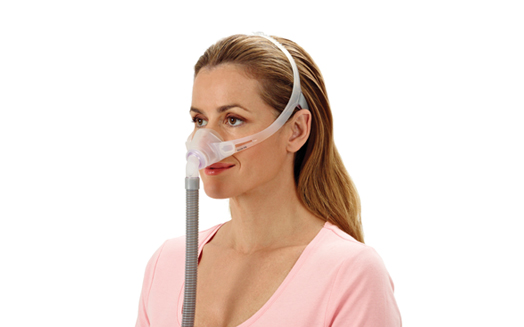
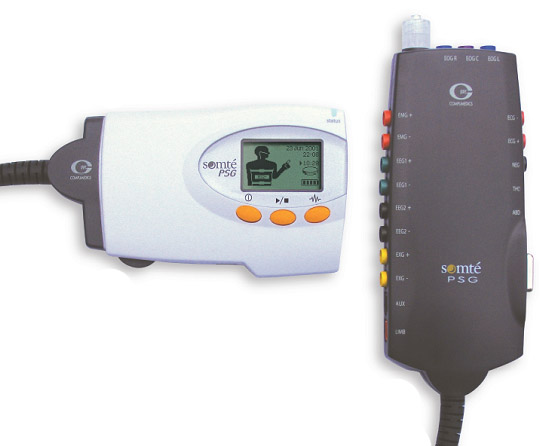
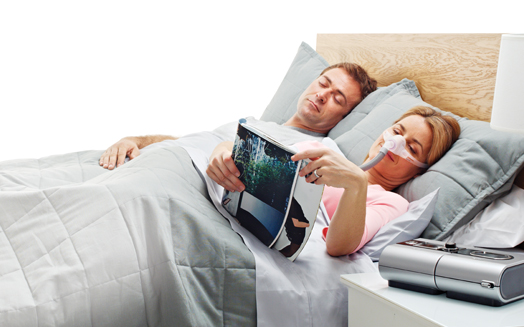

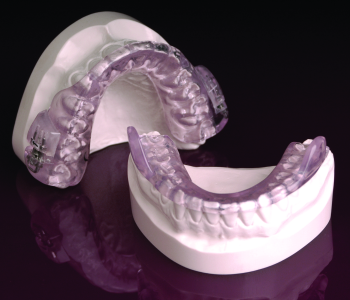
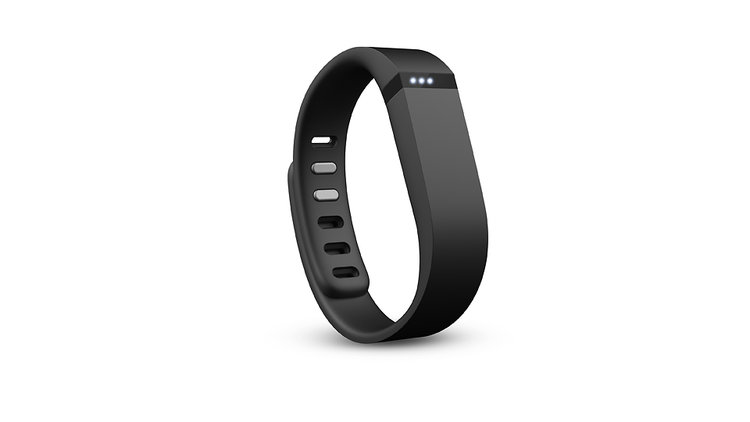
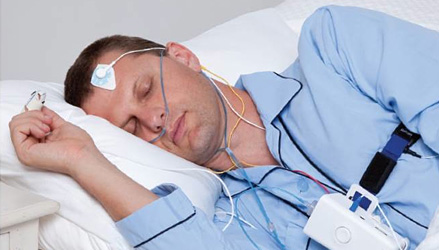
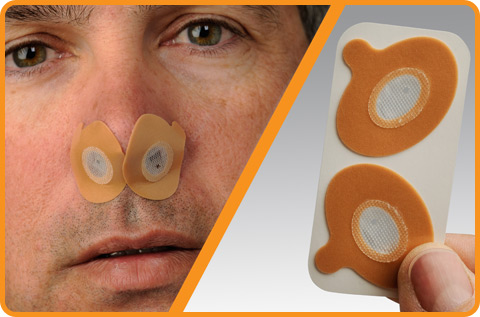
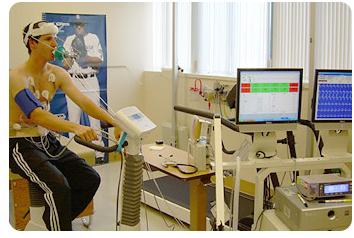
Diagnosis
Over the decades, the technology available to monitor sleep has become more sophisticated and accurate - but also much more flexible. At times, a wrist-based sleep/rest/activity monitor can be used to chart sleep schedules to complement sleep diaries.
Home based sleep studies are increasingly sophisticated, improving the range of sleep disorders for which simplified sleep testing can be used. Sleep studies performed under attended and monitored conditions allow for maximum data collection and give the ability to implement treatment, while the sleep study is being performed, to demonstrate the effectiveness of treatment.
Treatment
The other area where sleep technology has evolved is in the area of sleep apnoea treatment. Lifestyle modification is often a key recommendation but often requires supervision by an exercise physiologist and/or dietician.
Then simple but effective forms of therapy, such as mouthguard-style appliance and self-adhesive nasal valves (Provent) can be offered for certain severities of sleep apnoea. Continuous Positive Airway Pressure (CPAP) therapies are now very broad, with a range of mask styles and shapes, combined with small, quiet and increasingly 'smart' pumps, that can be used for different types and severities of sleep apnoea.
Data can be downloaded from these clever devices, either manually or wirelessly, to alert patient and doctor to changes in the patterns of breathing and mask fit, as soon as changes occur.
